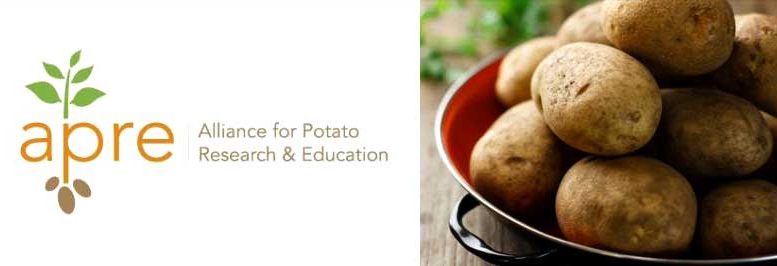|
Click to listen to this article
|
New ‘Carbohydrate Food Quality Score’ considers a comprehensive and practical approach, aligning with the Dietary Guidelines for Americans
The dietary value of carbohydrate foods (CF) has come under increased scrutiny in recent years. While so-called good-carb/bad-carb designations are hotly contested, standardized methods for assessing CF health quality currently do not exist. In a paper recently published in Nutrients, the Quality Carbohydrate Coalition-Scientific Advisory Council (QCC-SAC) proposes a novel, innovative approach to quantifying CF quality: the Carbohydrate Food Quality Score (CFQS).
Representing a significant step forward in the evolution of CF analysis, the new CFQS incorporates a food’s fiber-to-carbohydrate and free sugar-to-carbohydrate ratios, as previous metrics have done, in addition to evaluating its sodium, potassium and (as applicable) whole grain content, making the index better reflect the nutritional contribution of the entire CF.
To provide a more complete appraisal of CF quality – and to reflect the most up-to-date dietary guidance – the new carbohydrate quality scoring system is the first of its kind to include an assessment of sodium, potassium and whole grain content in addition to sugar and fiber. These three components were added because CFs are predominant dietary sources of these nutrients. Sodium, like sugar, is consumed at levels above those recommended in current dietary guidance, and potassium and whole grains, like dietary fiber, are consumed at levels well below those recommended. By including all these components, this approach not only aligns with the recommendations of the 2020-2025 Dietary Guidelines for Americans (DGA), but also the World Health Organization, and roughly half of the food-based dietary guidelines from around the world.
READ FULL STORY FROM THE ALLIANCE FOR POTATO RESEARCH AND EDUCATION (APRE)



